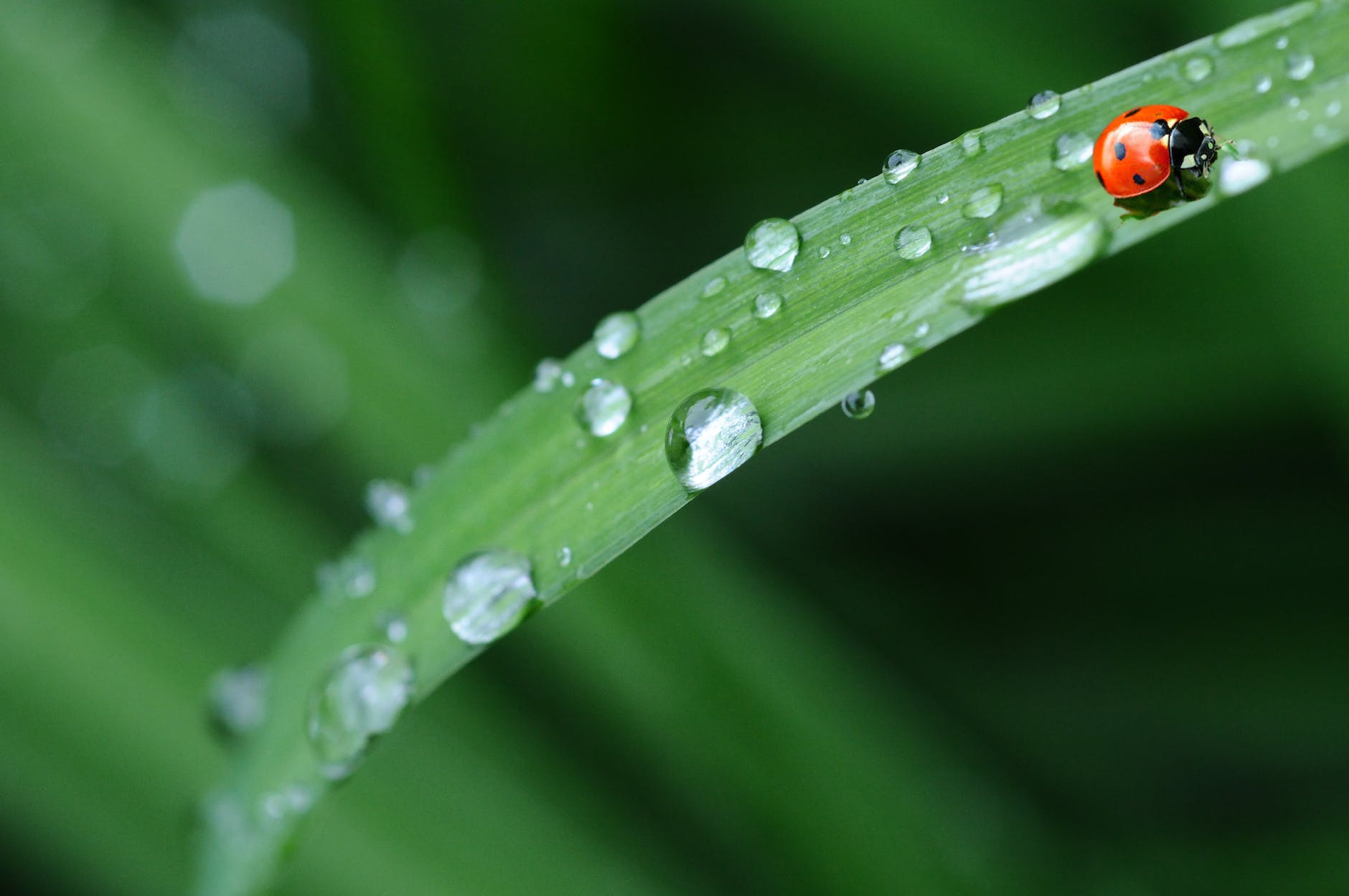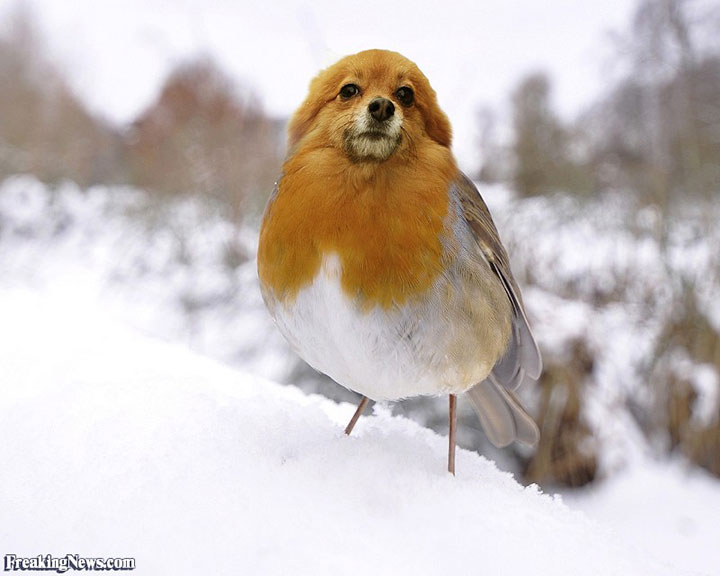Gardening enthusiasts and green-thumbed individuals are always on the lookout for effective and sustainable ways to keep their gardens free of pests. While chemical pesticides may seem like the go-to solution, they often come with harmful side effects for the environment and non-target organisms. In this article, we will explore the fascinating world of beneficial insects, nature’s very own garden guardians, and discover how they can help protect your plants from destructive pests. By learning to harness the power of these tiny allies, you can create a thriving, eco-friendly garden that is both beautiful and bountiful.
Spiders
While not technically insects, spiders are essential predators in the garden. They feed on a wide range of pests, including flies, mosquitoes, and various small insects. Encouraging spiders in your garden can help keep pest populations in check.
Lacewings
Green lacewings and their larvae are voracious predators of many garden pests, such as aphids, mealybugs, whiteflies, thrips, and small caterpillars. Adult lacewings feed on nectar, pollen, and honeydew, while the larvae prey on soft-bodied insects.
Ground beetles
These nocturnal predators feed on a wide range of garden pests, including slugs, snails, cutworms, and other small insects. Ground beetles can be attracted to your garden by providing shelter in the form of rocks, logs, or leaf litter.
Parasitic wasps
There are many species of parasitic wasps that target specific pests, such as aphids, caterpillars, or whiteflies. These tiny wasps lay their eggs inside or on the pests, and the developing larvae consume the host insect from the inside, eventually killing it.
Predatory mites
These tiny mites feed on spider mites, which are common pests that can cause significant damage to plants. Predatory mites can be purchased from garden centers or online suppliers and released in your garden to help control spider mite infestations.
Praying mantises
These large predatory insects feed on a variety of pests, including caterpillars, beetles, and flies. They are excellent hunters and help maintain a balanced ecosystem in your garden.
Soldier beetles
These beetles are predators of soft-bodied pests such as aphids and caterpillars. Adult soldier beetles also feed on nectar and pollen, making them valuable pollinators.
In conclusion, incorporating beneficial insects into your garden management strategy is an excellent way to maintain a healthy and balanced ecosystem. By providing these helpful creatures with the necessary habitat, food, and shelter, you can support their populations and allow them to naturally combat pest infestations. Not only does this reduce the need for chemical pesticides, but it also contributes to a more sustainable and eco-friendly gardening experience. Embrace the power of beneficial insects and watch as they become the unsung heroes of your thriving, pest-free garden.


